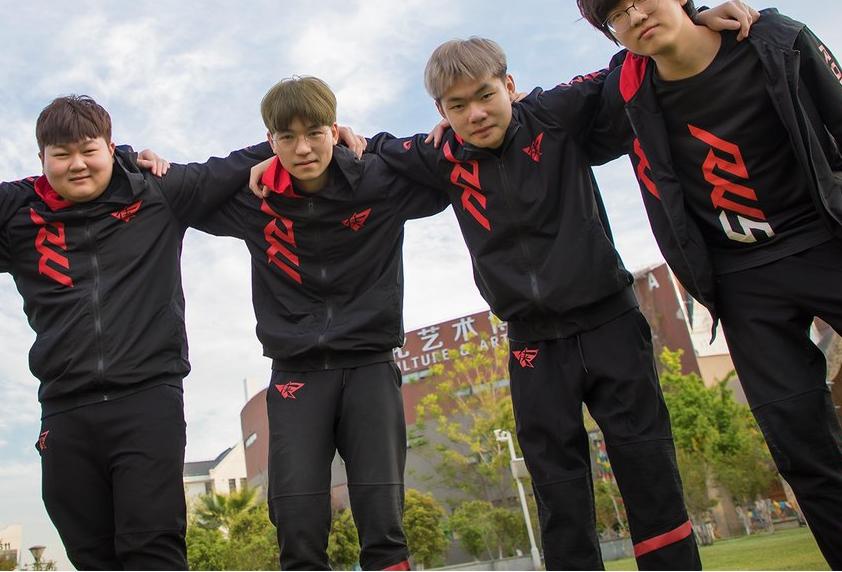
League of Legends team loses playoff spot after match fixing scandal
Match fixing may be the biggest problem facing competitive League of Legends right now.
According to multiple reports, four members of the Rogue Warriors organization have been suspended for intentionally throwing games. Kangjian “Zhanzhao” Liao, Jie “Caocao” Ren, and Zhanhong “FengXian” Liu from Rogue Warriors’ developmental RW Shark team have been suspended for 18 seasonal months. Rogue Warriors jungler Tao “XiaoYao” Xie has also received the same punishment. RW Shark coach Ye “ShiMing” Sheng-Liao and team manager Haokao Li have received formal warnings.
According to VP Esports, RW Shark has forfeited its spot in the Spring 2019 LDL playoffs as a result of the suspensions.
“Due to the fact that registration for new LDL players is already closed, RWS will not be able to register new players before the playoffs,” the league said. “As such, according to LDL regulations article 4.1.3 and 9.6.10, RWS will lose their spot in the LDL 2019 Spring Playoffs due to failure to have a 5-player team. Their opponents will receive a bye in affected series.”
No details were given on how many games were fixed or exactly which games were impacted. Regardless, this is a hard blow to the LPL and the entire competitive League of Legends community.
The news of Rogue Warriors’ match fixing comes just days after a similar story in the LMS, where Hong Kong’s Dragon Gate Team was punished for similar reasons. Though the fixing of games by Dragon Gate Team was allegedly done at the behest of the team’s owner and involved only one player, there is no way to ignore two major scandals being revealed just days before the 2019 Mid-Season Invitational.
What is match fixing? How bad is match fixing in esports?
Match fixing is the act of players not competing to their full ability in order to bring about a desired result in a match. In most cases, match fixing involves a player or team intentionally losing. In certain games such as basketball and soccer, it can involve players attempting to maintain a certain score.
In professional competition, match fixing is almost always done in concert with betting interests. Individuals close to or inside a team will bet against them for a contest, and attempt to influence the outcome to increase the likelihood of a winning bet.
Esports has had a number of match fixing scandals across a variety of games. The biggest instance of this came in 2010 where Ma “sAviOr” Jae Yoon and a number of other top StarCraft: Brood War players were charged with manipulating match outcomes. This occurred again in 2015 with StarCraft 2. Few other cases have led to serious legal action, but there have been a number of scandals in other games including Dota 2 and Counter-Strike: Global Offensive that have seen players banned from prominent leagues and events.
Widespread match fixing is a serious concern for leagues, publishers, and tournament organizers, as questions about the integrity of a contest can effectively kill a competition’s popularity.
Riot Games and regional League of Legends organizers have been cracking down on these incidents, with both Rogue Warrior and Dragon Gate Team receiving serious punishments for alleged match fixing.
Recommended

MrBeast takes action on Ava controversy, responds to allegations
MrBeast has launched a private probe.

Here’s how to play Marvel Rivals closed beta playtest
How to jump into the Marvel Universe.








